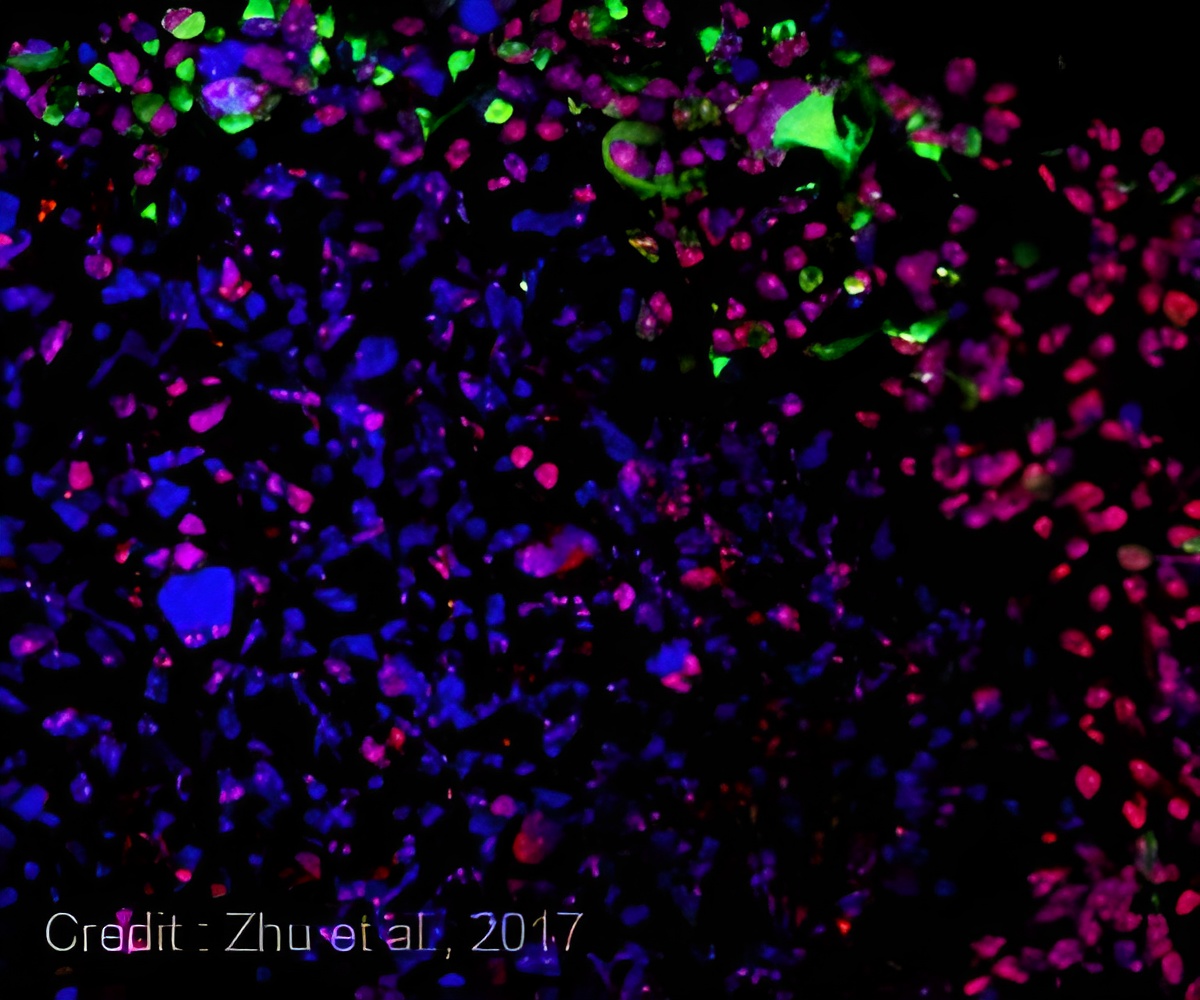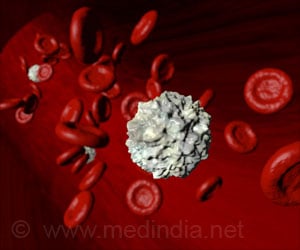Dead and dying tumor cells that are left over from radiation and chemotherapy promote tumor growth.

‘When mice were co- injected with tumor debris and a small number of non-growing cancer cells, the debris stimulated tumor formation.’





"Dead and dying tumor cells are an underappreciated component of the tumor microenvironment that may promote tumor progression," said Professor Charles Serhan, PhD, DSc, Department of Anesthesiology, Perioperative and Pain Medicine at BWH. The team administered a variety of therapeutic drugs to lab-cultured cancer cells and collected the resulting debris. When co-injected into mice with a small number of non-growing cancer cells, the debris stimulated tumor formation. A similar test treated mice with the chemotherapy drugs such as cisplatin and vincristine to generate debris in vivo, supporting the conclusion that the debris helped surviving cancer cells form tumors. The team concluded that a lipid called phosphatidylserine stimulated immune cells to produce a "cytokine storm" when exposed to the cancerous cells and caused the growth.
The researchers reasoned that if drug-generated debris was promoting tumor growth, clearing the debris might stop it. The team focused on the body's own resolvins which act as stop signals to end or "resolve" the inflammation. Resolvins counter the debris-stimulated proinflammatory cytokines and stimulate the immune system including white blood cells called macrophages ("the big eaters") to remove or "mop up" the debris. Resolvins are biosynthesized by the body from omega-3 essential fatty acids. Resolvins were discovered at the Brigham and Women's Hospital by Dr. Serhan and his laboratory and are a new approach to turn off inflammation in the human body to prevent a "cytokine storm" rather than blocking a single pro-inflammatory factor
Treating mice with small amounts of resolvins inhibited the subsequent therapy-stimulated tumor growth and prevented cancer cells from spreading. Resolvin treatment enhanced the activity of several cytotoxic therapies against a variety of tumor types resulting in tumor regression. Clinical developments using resolvins as potential therapeutic approaches are already in progress for several inflammatory and neurodegenerative diseases.
"Stimulating the clearance of tumor cell debris via specialized pro-resolving mediators represents a new approach to prevent tumor growth and recurrence," the authors write.
Advertisement
Source-Eurekalert















